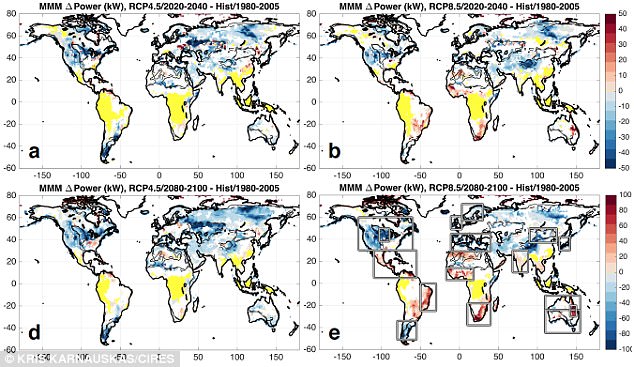
Some say investing in new technology to decrease carbon emissions is risky business. Energy utility Vattenfall’s CEO doesn’t: “To me, striving for net zero equals reducing risk. To just continue business as usual is much more dangerous.”
Already before 24 February last year the need for climate transition was obvious. After the Russian attack on Ukraine, the phase out of fossil fuels became an even more urgent necessity.
Northern Europe-based energy utility company Vattenfall is one of a growing number of businesses that is set to reduce its carbon footprint significantly. The target is net-zero emissions in 2040. This includes not only Vattenfall’s own heat and power production but also all upstream and downstream emissions, for example goods it buys from suppliers for its annual multibillion investments in new fossil-free power production, and also emissions from its private and business customers. It is summarised in the company’s strategic goal: fossil-free living withing one generation.
Limiting climate change is important and necessary, but for CEO Anna Borg, another strong driver for Vattenfall’s net-zero strategy is the business opportunities:
“Customers expect sustainable solutions, and we see that there is a demand and a willingness to pay for fossil-free goods and services such as steel, electric transportation and much more. Also the fact that there is a price for emitting CO2 in Europe changes the relative competitiveness between technologies and this drives innovation. That’s why I often say that sustainability is our business model,” she says.
When it comes to developing new solutions, Vattenfall has been actively involved in several innovative partnerships for a long time. Already in 2009, Vattenfall and Volvo started a joint venture to develop the car manufacturer’s first electric hybrid model. In 2016 Vattenfall partnered with steel manufacturer SSAB and iron mining company LKAB to start producing fossil-free steel in the project named HYBRIT. This project alone could potentially decrease iron-rich Sweden’s CO2 emissions by 10 per cent as coal is replaced by fossil-free hydrogen in the steel-making process. Up until today 2000 tonnes of fossil-free steel has been produced in the pilot plant in Luleå. One of the customers is Volvo Group who used it to produce its first fossil-free steel vehicle.
Now Vattenfall is working to develop sustainable aviation fuel in the HySkies project with partners such as Shell. Instead of using fossil feedstock in the production process, the fuel will be produced from recycled carbon dioxide from district heating, fossil-free electricity and fossil-free hydrogen.
And with ST1 and Preem Vattenfall will develop a fossil-free value chain for producing electro fuels using hydrogen from offshore wind power. ST1’s plan is to produce one million cubic meters of electro fuels in 2029. This volume equals the annual aviation fuel demand of Arlanda, Stockholm’s international airport.
With its partnerships Vattenfall shows that carbon footprints can be heavily reduced also in the biggest CO2-emitting industry sectors.
“Some call these projects risky from a business perspective. I would say it is the opposite, it reduces business risk,” Anna Borg says. “In this market environment, inaction and the consequences thereof are much riskier than transforming business models into models of tomorrow.
This is amplified by the fact that also the financial market has started to regard business based on fossil fuels as high risk.
“Today you get better terms if you issue a green bond compared to a traditional one. And we see that power plants that uses coal or gas are being stranded, meaning they get unprofitable and need to close. The question is only how fast this development will go,” Anna Borg says.
All these drivers in society makes it clear that industry transition and electrification is not something that will happen in the future – it is happening here and now. For Vattenfall this means that energy infrastructure must be built at an unprecedented scale. In Sweden the electricity production needs to be doubled within 20 years, while in other European countries the need is even greater – In Germany by 4 to 5 times and in the Netherlands by 10 to 20 times compared to today.
“It’s been clear for a while that business is running faster than politics when it comes to energy transition,” Anna Borg says. “It is also evident that people are looking for companies to take the lead. As an energy company we have the expertise, the opportunity and the responsibility to do that and take the lead in the energy transition.”